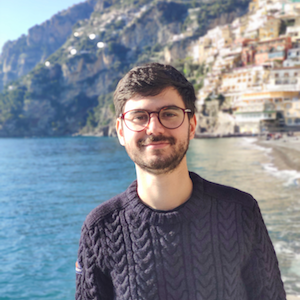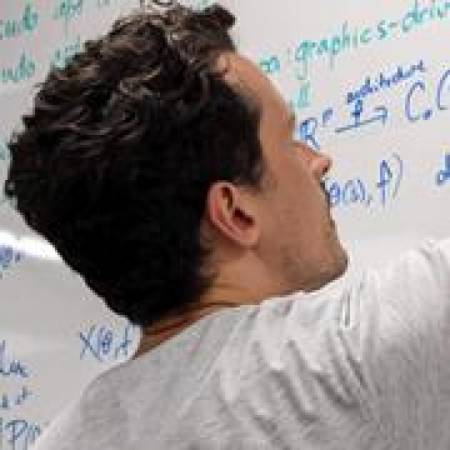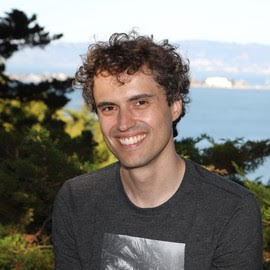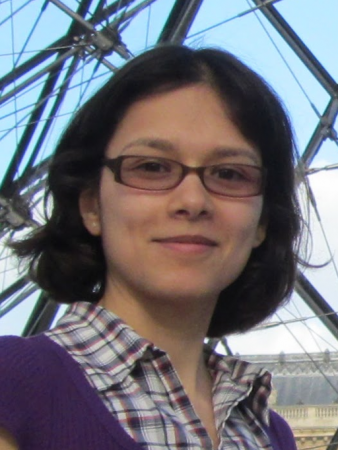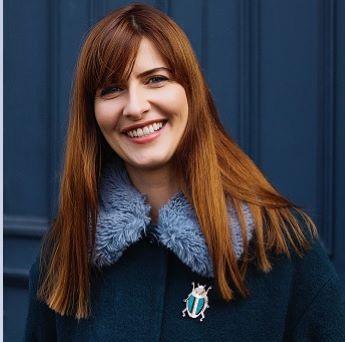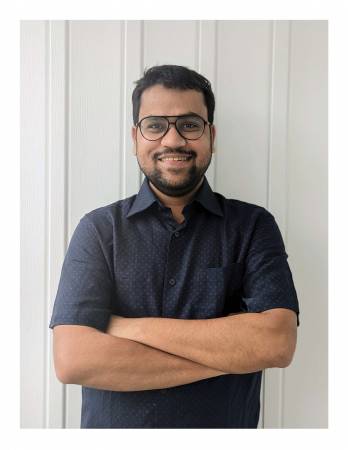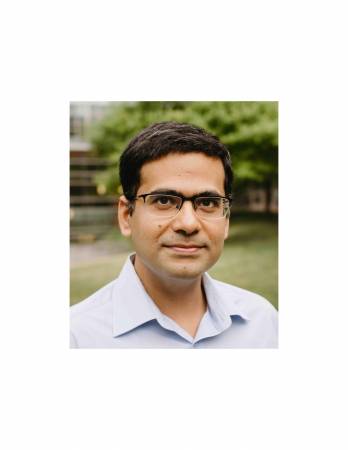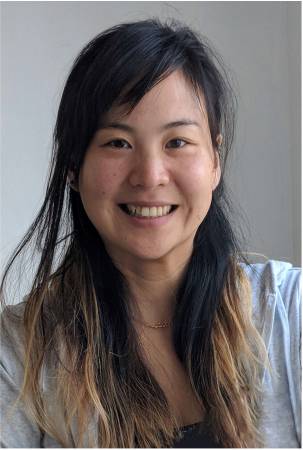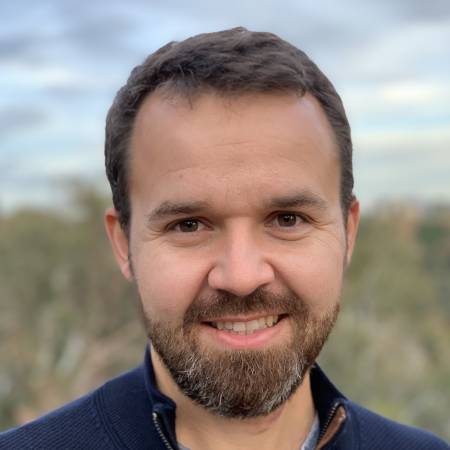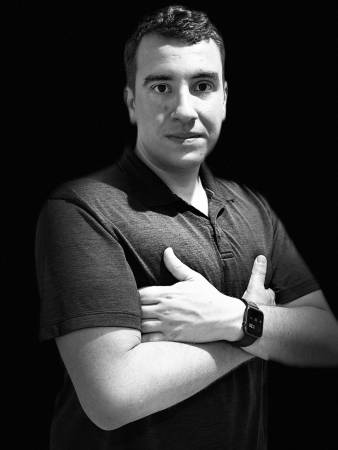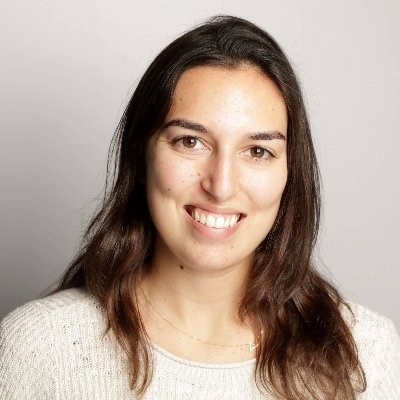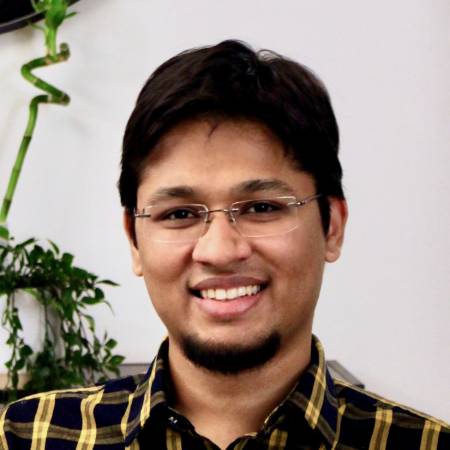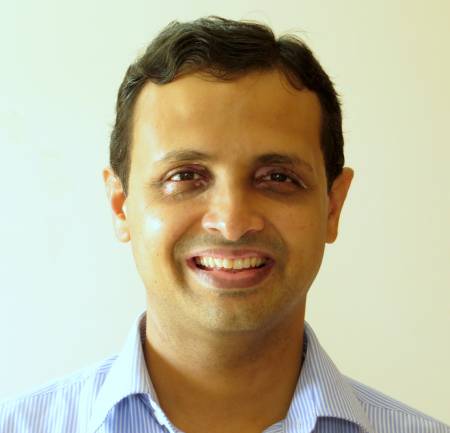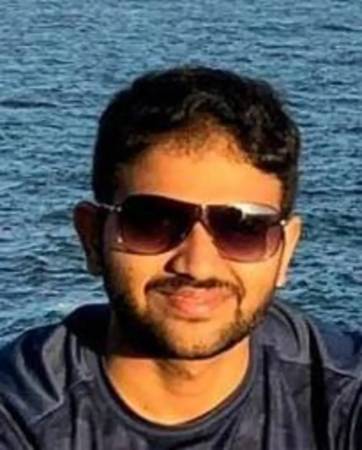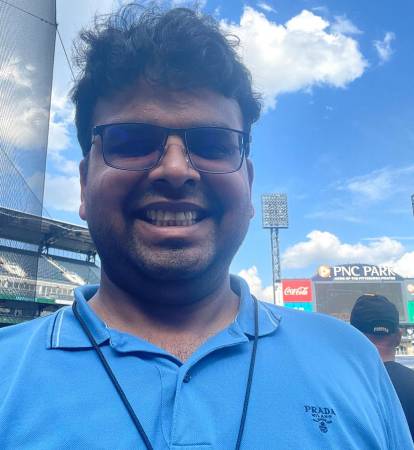VASC Seminar
R.I.P ohyay: experiences building online virtual experiences during the pandemic: what works, what hasn’t, and what we need in the future
Abstract: During the pandemic I helped design ohyay (https://ohyay.co), a creative tool for making and hosting highly customized video-based virtual events. Since Fall 2020 I have personally designed many online events: ranging from classroom activities (lectures, small group work, poster sessions, technical papers PC meetings), to conferences, to virtual offices, to holiday parties involving 100's [...]
Physics-informed image translation
Abstract: Generative Adversarial Networks (GANs) have shown remarkable performances in image translation, being able to map source input images to target domains (e.g. from male to female, day to night, etc.). However, their performances may be limited by insufficient supervision, which may be challenging to obtain. In this talk, I will present our recent works [...]
Weak Multi-modal Supervision for Object Detection and Persuasive Media
Abstract: The diversity of visual content available on the web presents new challenges and opportunities for computer vision models. In this talk, I present our work on learning object detection models from potentially noisy multi-modal data, retrieving complementary content across modalities, transferring reasoning models across dataset boundaries, and recognizing objects in non-photorealistic media. While the [...]
Learning Visual, Audio, and Cross-Modal Correspondences
Abstract: Today's machine perception systems rely heavily on supervision provided by humans, such as labels and natural language. I will talk about our efforts to make systems that, instead, learn from two ubiquitous sources of unlabeled data: visual motion and cross-modal sensory associations. I will begin by discussing our work on creating unified models for [...]
Towards a formal theory of deep optimisation
Abstract: Precise understanding of the training of deep neural networks is largely restricted to architectures such as MLPs and cost functions such as the square cost, which is insufficient to cover many practical settings. In this talk, I will argue for the necessity of a formal theory of deep optimisation. I will describe such a [...]
Towards Interactive Radiance Fields
Abstract: Over the last years, the fields of computer vision and computer graphics have increasingly converged. Using the exact same processes to model appearance during 3D reconstruction and rendering has shown tremendous benefits, especially when combined with machine learning techniques to model otherwise hard-to-capture or -simulate optical effects. In this talk, I will give an [...]
Enabling Self-sufficient Robot Learning
Abstract: Autonomous exploration and data-efficient learning are important ingredients for helping machine learning handle the complexity and variety of real-world interactions. In this talk, I will describe methods that provide these ingredients and serve as building blocks for enabling self-sufficient robot learning. First, I will outline a family of methods that facilitate active global exploration. [...]
How Computer Vision Helps – from Research to Scale
Abstract: Vasudevan (Vasu) Sundarababu, SVP and Head of Digital Engineering, will cover the topic: ‘How Computer Vision Helps – from Research to Scale’. During his time, Vasu will explore how Computer Vision technology can be leveraged in-market today, the key projects he is currently leading that leverage CV, and the end-to-end lifecycle of a CV initiative - [...]
Motion Matters in the Metaverse
Abstract: Abstract: In the early 1970s, Psychologists investigated biological motion perception by attaching point-lights to the joints of the human body, known as ‘point light walkers’. These early experiments showed biological motion perception to be an extreme example of sophisticated pattern analysis in the brain, capable of easily differentiating human motions with reduced motion cues. Further [...]
What do generative models know about geometry and illumination?
Abstract: Generative models can produce compelling pictures of realistic scenes. Objects are in sensible places, surfaces have rich textures, illumination effects appear accurate, and the models are controllable. These models, such as StyleGAN, can also generate semantically meaningful edits of scenes by modifying internal parameters. But do these models manipulate a purely abstract representation of the [...]
Robot Learning by Understanding Egocentric Videos
Abstract: True gains of machine learning in AI sub-fields such as computer vision and natural language processing have come about from the use of large-scale diverse datasets for learning. In this talk, I will discuss if and how we can leverage large-scale diverse data in the form of egocentric videos (first-person videos of humans conducting [...]
From Videos to 4D Worlds and Beyond
Abstract: Abstract: The world underlying images and videos is 3-dimensional and dynamic, i.e. 4D, with people interacting with each other, objects, and the underlying scene. Even in videos of a static scene, there is always the camera moving about in the 4D world. Accurately recovering this information is essential for building systems that can reason [...]
Generative and Animatable Radiance Fields
Abstract: Generating and transforming content requires both creativity and skill. Creativity defines what is being created and why, while skill answers the question of how. While creativity is believed to be abundant, skill can often be a barrier to creativity. In our team, we aim to substantially reduce this barrier. Recent Generative AI methods have simplified the problem for 2D [...]
Generative modeling: from 3D scenes to fields and manifold
Abstract: In this keynote talk, we delve into some of our progress on generative models that are able to capture the distribution of intricate and realistic 3D scenes and fields. We explore a formulation of generative modeling that optimizes latent representations for disentangling radiance fields and camera poses, enabling both unconditional and conditional generation of 3D [...]
Estimating Robustness using Proxies
ABSTRACT: This talk covers some of our recent explorations on estimating the robustness of black-box machine learning models across data subpopulations. In other words, if a trained model is uniformly accurate across different types of inputs, or if there are significant performance disparities affecting the different subpopulations. Measuring such a characteristic is fairly straightforward if [...]
Latent-NeRF for Shape-Guided Generation of 3D Shapes and Textures
Abstract: In this talk, I will focus on presenting my recent work which will be presented at CVPR in less than two months. Text-guided image generation has progressed rapidly in recent years, inspiring major breakthroughs in text-guided shape generation. Recently, it has been shown that using score distillation, one can successfully text-guide a NeRF model to [...]
Navigating to Objects in the Real World
Abstract: Semantic navigation is necessary to deploy mobile robots in uncontrolled environments like our homes, schools, and hospitals. Many learning-based approaches have been proposed in response to the lack of semantic understanding of the classical pipeline for spatial navigation, which builds a geometric map using depth sensors and plans to reach point goals. Broadly, end-to-end [...]
Going Beyond Continual Learning: Towards Organic Lifelong Learning
Abstract: Supervised learning, the harbinger of machine learning over the last decade, has had tremendous impact across application domains in recent years. However, the notion of a static trained machine learning model is becoming increasingly limiting, as these models are deployed in changing and evolving environments. Among a few related settings, continual learning has gained significant [...]
Predictive Scene Representations for Embodied Visual Search
Abstract: My research advances embodied AI by developing large-scale datasets and state-of-the-art algorithms. In my talk, I will specifically focus on the embodied visual search problem, which aims to enable intelligent search for robots and augmented reality (AR) assistants. Embodied visual search manifests as the visual navigation problem in robotics, where a mobile agent must efficiently navigate [...]
Generating Beautiful Pixels
Abstract: In this talk, I will present three experiments that use low-level image statistics to generate high-resolution detailed outputs. In the first experiment, I will use 2D pixels to efficiently mine hard examples for better learning. Simply biasing ray sampling towards hard ray examples enables learning of neural fields with more accurate high-frequency detail in less [...]

